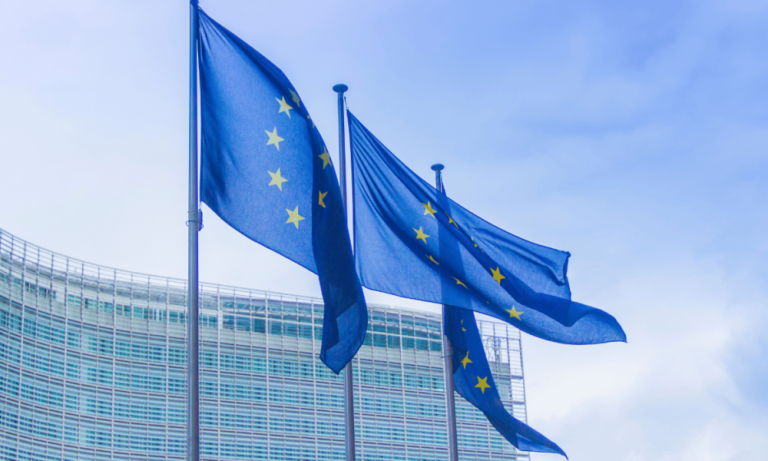Members of the European Parliament have called for the continent’s regulators to clear a pathway for wholesale cannabis reform.
For the first time in its history the European Parliament held a debate on cannabis in a session called the ‘Legalisation of Personal Use of Cannabis: Exchange of Best Practices’.
The event had been co-sponsored by four of the seven main European political blocks representing almost 50% of the Parliament’s 705 elected members.
Held in the Brussels headquarters, it was chaired by Irish politician Luke Flanagan, a Member of the European Parliament (MEP), who sent the following message to the European Union’s regulatory overlords the European Commission.
‘Get Out Of The Way’
“The importance of this gathering is not so much what we can get the European Commission to do, it’s more to see that they don’t get in the way and hinder this process.
“We don’t have competence over this area but it seems the Commission has the power to throw spanners in the spokes when countries try to do it.
“The best thing we can achieve is to make sure we all know what is being told to us by the Commission – and that this is consistent – so we all know exactly what is going on.
“As MEPs we cannot directly change the law but what we can do is make sure that for any state looking to go down this route, it is made as easy as possible.”
The debate had been co-organised by Czech politician Mikuláš Peksa, Chairperson of the European Pirate Party, which is part of the Greens/European Free Alliance parliamentary bloc, with 73 MEPs.
Also supporting the event were the second largest bloc in the parliament; the Socialists and Democrats, with 143 members from 26 EU countries. As well as the centre-right bloc, the European Conservatives and Reformists Group and the Left bloc, who between them have around 100 MEPs.
The hearing featured speakers from Germany, Ireland and Czechia; countries which are all examining proposals to reform their domestic cannabis laws.
Tomas Sadilek, who is helping the Czech government draft its cannabis laws, explained that a majority of people in his home country were in favour of reform and he recapped its on-going effort to create a regulated market.
A New Commission May Help
The main stumbling block for individual EU member states is overcoming the concerns of the European Commission.
With Czechia set to unveil plans for a commercial regulated market Mr Sadilek said it faced a number of hurdles.
“The European Commission is our biggest obstacle… it is always easier to regulate than deregulate and withdrawing cannabis from European legislation is very problematic.”
He said it has had no preliminary guidance from the EC on its proposals and identified three potential areas of conflict.
These include the Schengen Agreement on the free movement of goods as the number one obstacle, then the EU 2004 framework on drug trafficking and thirdly the International drug conventions.
He highlighted how the EU enforces these conventions more vigorously than their creators – the United Nations – and he expressed concerns that Czechia will receive only negative feedback from the EC on its proposals meaning they’ll end up before the European Court of Justice.
With the European Commission set to be re-appointed in 2024 MEPs are to look at ways of ensure more pro-cannabis views are heard.
Irish People Before Profit MP Gino Kenny referenced the Irish Citizens Assembly which is currently looking at the country’s approach to drugs, with a view to decriminalising and the possible regulation of cannabis.
While many have dismissed this as a mere talking shop he recounted how similar Citizen Assemblies had led to reform of the Catholic country’s abortion and gay marriage laws.
Mr Flanagan said: “While the Government has a conservative streak and a will to maintain the status quo if the people speak clearly then the politicians will follow.”
The virtual and physical meeting took place on Wednesday, June 28, in Brussels with around 50 MEPs in attendance.
This article was originally published by Business of Cannabis and is reprinted here with permission.
